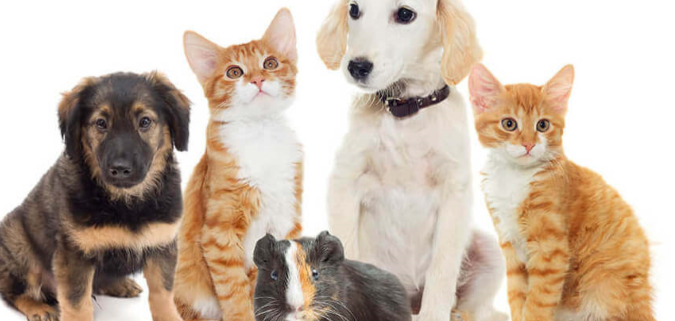Is my pet at risk from the COVID-19 coronavirus?
Is my pet at risk from the COVID-19 coronavirus, or will my pet infect me?
The CDC says that, at present, there is no evidence to suggest that dogs or cats will become a source of infection of COVID-19.
Your pet is NOT A RISK to you and is NOT AT RISK from the virus.
On 2.28.20 it was reported that Hong Kong authorities quarantined a dog after samples from the dog’s nasal cavity and mouth tested “weak positive” for the virus. The dog’s owner had tested positive for COVID-19. Currently, the dog is not showing signs of illness and will be tested again. It is unknown if the detected presence of the virus is due to infection or environmental contamination. We will continue to provide updates.
It’s important to remember that viruses can sometimes infect a species but not cause illness in that species, nor become transmissible to others.
As far as realistic risk factors—if, for instance, your dog is usually at home and doesn’t contact other dogs or people and no one in your household has the COVID-19 coronavirus, the odds that your pet would become sick—IF the virus is determined to be transmittable to animals—are highly unlikely.
It is still recommended that people who are sick with COVID-19 avoid contact with animals out of an abundance of caution.
It is always a good idea to wash your hands with soap and water after contact with pets to help avoid transmission of more common illness-causing agents, such as E. coli and Salmonella.
To protect your pet from respiratory diseases, vaccinate your pet for Bordetella, parainfluenza and canine influenza, which are the most common vaccine-preventable respiratory diseases in pets.
Keep your pets fully immunized at all times. Your veterinarian can help you determine which vaccines your pet should have, based on its risk factors.



